What is bulimia nervosa?
Bulimia nervosa is a psychological eating disorder that is characterized by binge eating episodes (consumption of large quantities of food in one sitting). Your eating habits are completely out of control during these binges. After losing weight using inappropriate methods, you attempt:
- Vomiting
- Fasting
- Enemas
- Diuretics and laxatives in excess
- Compulsive exercising
Bulimia nervosa consequences are usually associated with weight loss within the normal range for a person’s height and age. Some people may worry about gaining weight, wish to lose weight, or feel very dissatisfied with their bodies.
People who suffer from bulimia purge or behave in purge-like ways, and continue the cycle of eating and purging. Purging behavior includes other strict methods to maintain a particular weight, such as fasting, exercising, or dieting.
The body image of bulimics is often unrealistic. Their weight is an obsession and they are extremely critical of themselves. Bulimia is common in people who are normal or overweight. It can be difficult to diagnose and detect bulimia because of this.
A study indicates that approximately 1.5 percent of women and 0.5% of men will experience bulimia at some point in their lives. Women are more likely to experience the disorder, and it is particularly prevalent in early adulthood and teenage years.
Approximately 20 percent of women ages 18-24 have symptoms of bulimia. Performers and athletes whose bodies and weights are closely monitored are also at greater risk for eating disorders. Moreover, dancers, models, and actors might be at an increased risk as well.
Check all: Psychological Disorders
How does bulimia nervosa affect people?
Those assigned females at birth are more likely to suffer from bulimia nervosa than those assigned males at birth. Adolescence or early adulthood are the most common times for it to develop. The condition can affect anyone, regardless of their age. It is estimated that between 1% and 2% of people in any given year will experience bulimia. There is no specific age, race, gender, or ethnicity that is associated with Bulimia.
Difference between bulimia nervosa and anorexia nervosa
There is a normal weight range in people suffering from bulimia nervosa. Their eating behaviors are characterized by binges and purges. Anorexia nervosa typically results in underweight people. They lose weight by cutting calories, eating extreme diets, and exercising excessively. When someone has anorexia nervosa, they think that they are fat despite being very thin. There is a possibility that they will become so thin that they will look sick.
Difference between bulimia nervosa and binge eating disorder
Binge eating leads to purging or trying to get rid of excess weight or food for people with eating disorders such as bulimia nervosa. A person suffering from binge eating disorder binges but does not purge. Bulimia sufferers usually have healthy weights. It is common for people with binge eating disorders to be overweight or obese.
Bulimia nervosa risk factors
Bulimia nervosa is not known to have a specific cause. Several factors, including personality traits, emotions, thinking patterns, and environmental factors might play a role in these situations.
Eating disorders occur as a result of dissatisfaction with your body as well as extreme body image concerns. Self-esteem is usually low, and you don’t want to become overweight. In addition, bulimia health risks are associated with inheritance because it usually runs in families.
The following factors also contribute to risk:
- Being female
- Depression and anxiety disorders
- Substance use disorders
- Traumatic events
- Stress
- Frequent dieting
Read: Pica Disorder
Bulimia nervosa symptoms

The symptoms of bulimia nervosa may differ from person to person. You may also notice a change in your behavior.
Bulimia can cause the following physical symptoms:
- Dental problems
- Sore throat
- Face and neck glands swollen
- Bloating, indigestion, heartburn
- Irregular periods
- Fatigue, weakness, bloodshot eyes
- Your hands or knuckles will become callouses from making you vomit
- Weight gain and loss are frequent. Generally, you are a normal weight, although you may be overweight.
- Dizziness or fainting
- Constantly feeling cold
- Sleep problems
- Brittle and dry nails, as well as dry, cracked skin
Read: Rumination Disorder
Bulimia can cause the following behavioral symptoms:
- Consuming excessively and purging afterward
- Storing or stealing food
- Eating a particular food only, chewing for more than necessary, and not letting food touch each other are food rituals
- Eating too little or skipping meals
- Unable to control your emotions
- Losing weight by vomiting or abusing diuretics
- After meals, you frequently use the restroom
- Excessive exercising
- Bodyweight is a concern
- Depression or mood swings
- Beverages with low-calorie content or water
- Frequently chew gum, use mints, or use mouthwash
- Not participating in activities and friends that you once enjoyed
You or a member of your family should consult a doctor if you or they are overly concerned with weight or size. You will have a better chance of a successful outcome if you are treated as soon as possible.
Read: What is Night Eating Syndrome
Bulimia complications
Bulimia can also cause serious problems, which is another reason to seek treatment as soon as possible. The following are among them:
- Tooth enamel is being eroded by stomach acid on a repetitive basis
- Dental cavities
- Cold or hot food sensitivity
- Salivary gland swelling (from repeated vomiting)
- Stomach ulcers
- Gastritis or esophagitis
- Changes to your poop routine
- Dehydration
- Irregular heartbeat
- Heart attack (in severe cases)
- Lower sex drive
- Suicidal risk is higher
- Cutting yourself or other forms of self-harm
- Alcohol or drug misuse
- Gastroparesis refers to the slow digestion of food in your stomach
Diagnosis of bulimia
Doctors will usually ask you about your eating habits, weight gain or loss, and if you have any physical symptoms that indicate you might have bulimia. Among other possibilities:
- You will receive a full physical examination
- Do blood and pee tests
- Check your EKG to find out if you are experiencing heart problems related to your bulimia
- Examine your body image psychologically
- Other tests can also be conducted to exclude medical causes for your weight loss or gain.
Read: Purging Disorder
Bulimia treatment and home remedies
Bulimia is treated by taking into account your physical and psychological needs. Therapy and medication may be used to treat you. Often, this requires a team of health professionals to assist. During the recovery process, they will assist you in restoring your health and eating patterns. Here is the bulimia nervosa treatment guidelines:
Medical treatments
- Medications: Bulimia is treated with fluoxetine (Prozac), an antidepressant approved by the FDA. Sometimes doctors prescribe another antidepressant or type of medicine.
- Hospitalization: It does not happen often. You may be hospitalized if you have a serious case of bulimia. Outpatient treatment for eating disorders is most common.
Read: How to Stop Late Night Eating
Psychotherapy
- Cognitive behavioral therapy (CBT): The goal of this therapy is to teach you how to eat healthily and not indulge in bingeing or purging. If you notice irrational thoughts or unhealthy behaviors, you should challenge them.
- Family-based treatment (FBT): This treatment is frequently used to help families cope with an ed issue like bulimia.
- Interpersonal psychotherapy (IPT): The focus of this is your relationship with other people in your life. Your emotional state and mental health can be impacted by how you interact with others.
Nutritional therapy
Your goal is to learn healthy eating habits. Working with a dietitian helps you recognize how hungry or full you are. They help you maintain a healthy weight and change your relationship with food.
Self-care for bulimia
To help you stay well, you can follow these steps through treatment and therapy:
- Look after your body: Ensure that you are getting enough nutrients in your diet by eating healthy foods. Consult your doctor before taking supplements. Consult your doctor about your exercise requirements.
- Connect with others: It is possible to overcome unhealthy habits with the help of friends and family. You might also find it helpful to join a support group. Anorexia Nervosa and Associated Disorders, the National Association of Anorexia Nervosa list several of them. Furthermore, NEADA provides support through chat, text, and phone.
- Avoid your triggers: You shouldn’t spend time on social media with people who have unrealistic bodies. Keep your scale and mirror out of your reach. Try to handle stress or boredom using healthier methods to avoid binges.
Read: 15 Simple Tips to Stop Binge Eating
Helping a loved one with bulimia symptoms
It is important to have an open and honest discussion with a loved one if you think they may have symptoms of bulimia. A person cannot be forced to seek professional care, but they can be encouraged and supported. Make an appointment and even offer to accompany a patient to a qualified doctor or mental health professional.
It may not be obvious to others that a person is suffering from bulimia since most people with bulimia are normal weight or slightly overweight. Here are some red flags that friends and family may notice:
- Complaining or worrying constantly about being fat
- Body image that is distorted and excessively negative
- Frequently eating large amounts of food at one time, especially foods that are normally avoided
- Fasting or dieting after binge eating
- Feeling uncomfortable eating in public
- Following meals, during meals, or for a long time after eating
- Overexercising
- Skin lesions or scars on the knuckles or hands
- Gum and teeth damage
- Changing weight
- Foot and hand swelling
- Enlarged glands cause swelling in the cheeks and face
Outlook for bulimia
There is no cure for bulimia. Mostly everyone improves, but occasionally there may be relapses. Additionally, some people considered “cured” may continue to consume less than normal amounts of food throughout their lifetimes.
Although bulimia is more common than anorexia, the outlook for people with this disorder is generally better.
Bulimia prevention
The cause of bulimia is not clear, so prevention is difficult. The good news is that we can teach children and teens to have healthy attitudes and behaviors about food and their bodies. The following are among them:
- Make sure your family eats together regularly.
- Keep weight talk out of your children’s ears. Be more mindful of how you live your life.
- Make sure your kids have a realistic and healthy view of their bodies.
- Avoid fad diets.
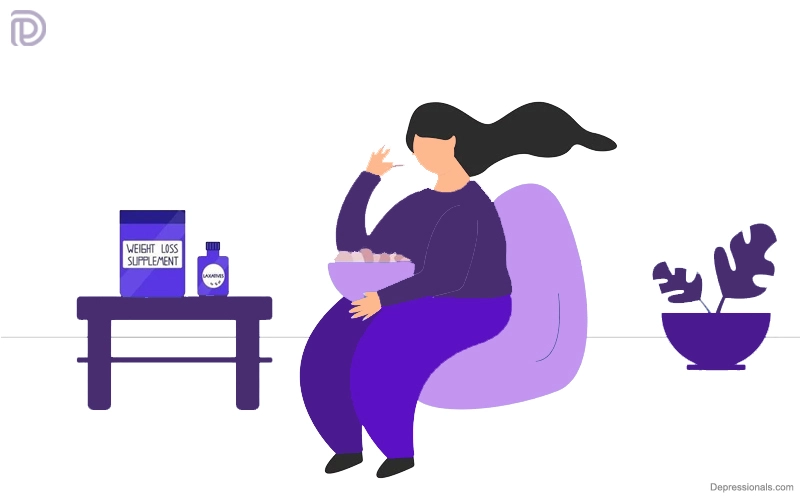
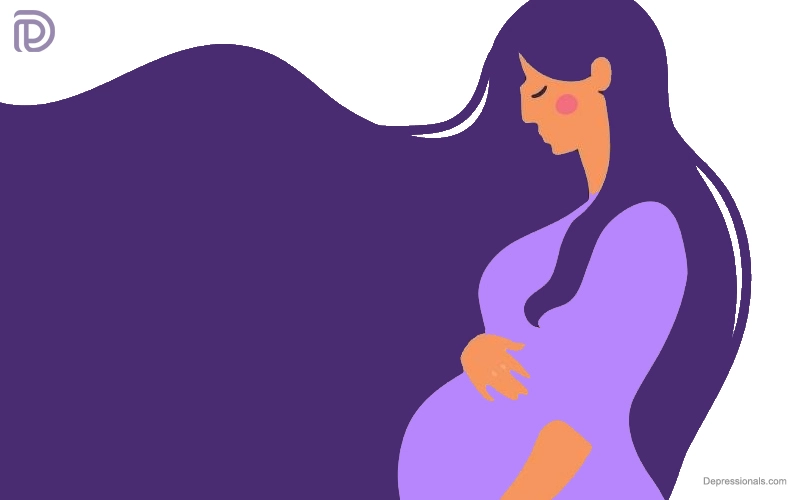
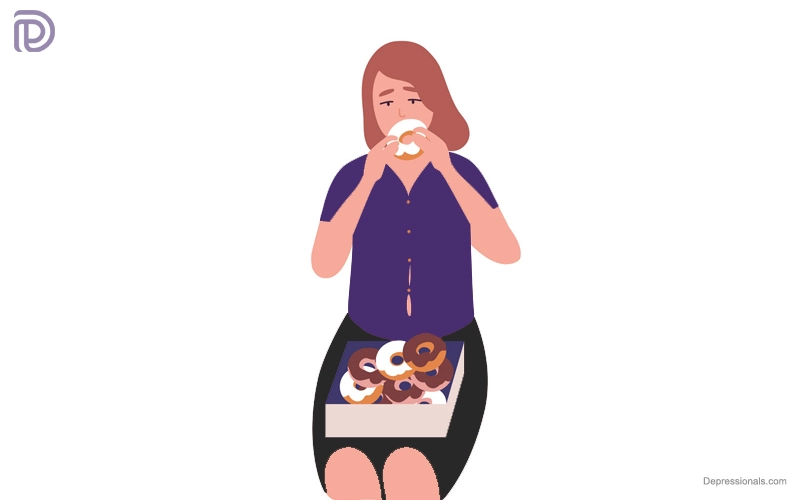
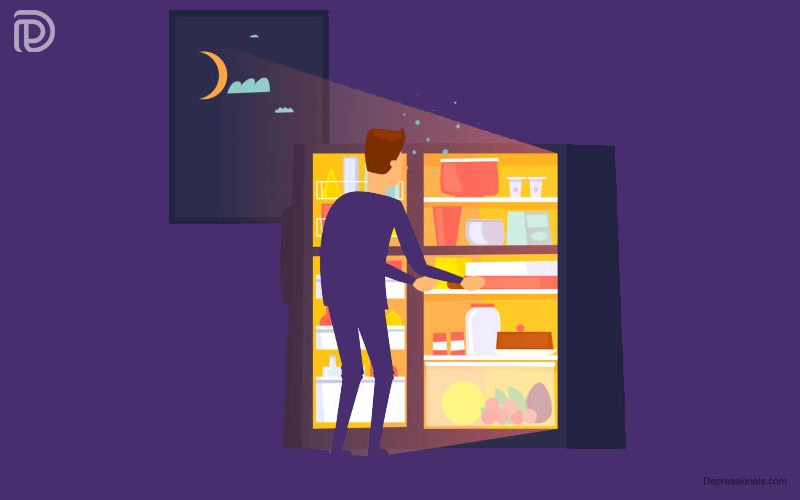
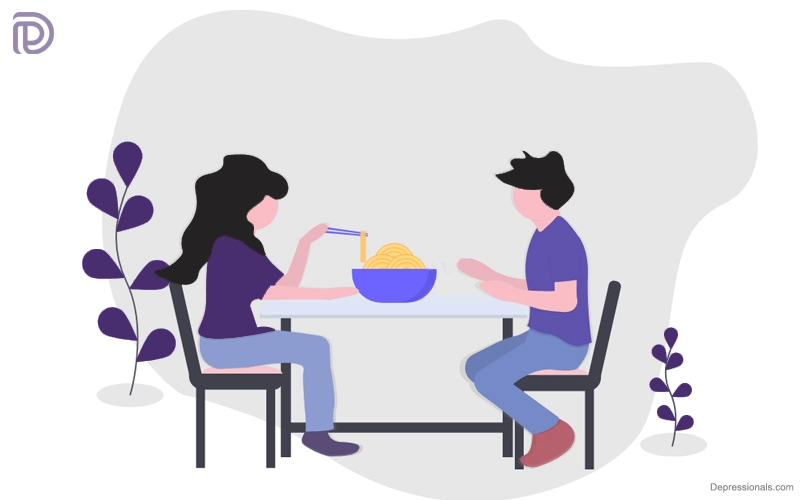

Your place is valueble for me. Thanks!…
Its superb as your other content : D, thankyou for putting up. “A single day is enough to make us a little larger.” by Paul Klee.